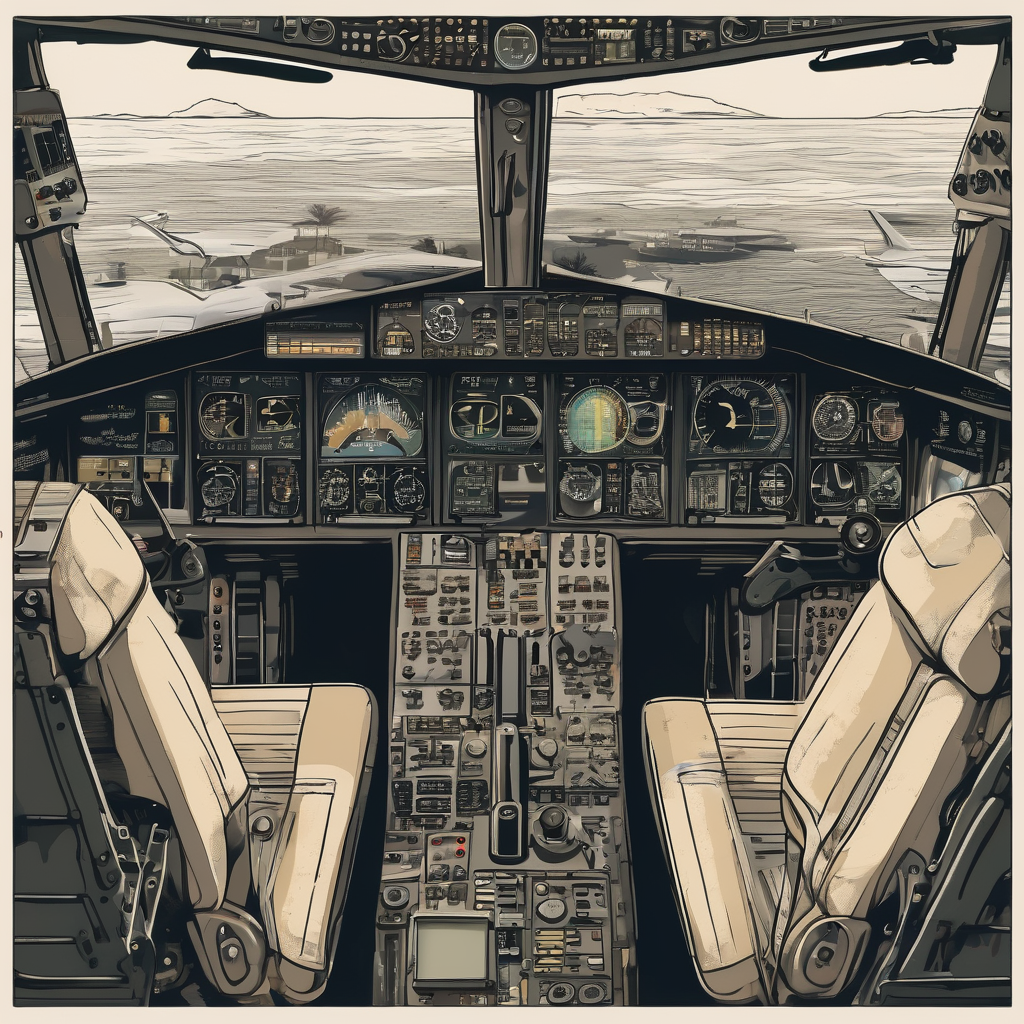Acting Minister for Civil Aviation Ifireimi Vasu has come forward to defend the Civil Aviation Authority of Fiji (CAAF) in light of its recent decision to restrict operations at Pacific Flying School. This move was taken due to significant infractions, particularly involving unapproved engine overhauls that prompted a thorough regulatory audit of the institution.
During a parliamentary session, Mr. Vasu addressed criticisms from the Opposition, which claimed that CAAF had unjustly hindered the installation of engines carried out by an overseas provider. He clarified that any delays experienced were not a result of CAAF’s actions. “Let me state the facts, the law, and the timeline,” he declared, underscoring that Pacific Flying School had proceeded with the installation of three overhauled engines without the necessary approvals from CAAF, which is a clear violation of Fiji’s aviation safety regulations.
Mr. Vasu reinforced that only maintenance organizations accredited by CAAF are authorized to carry out aircraft maintenance, and deviating from these protocols could jeopardize an aircraft’s certificate of airworthiness. He specifically mentioned that the engine overhauls were performed by Suncoast Aero Engines, a service provider not recognized within Fiji’s aviation regulatory framework. This situation prompted CAAF to undertake a comprehensive audit.
The audit, initiated in February 2025, revealed several serious compliance issues, particularly concerning the unauthorized engine work performed at the school. Following the audit, CAAF renewed the Aircraft Maintenance Organisation (AMO) certificate for Pacific Flying School on May 8; however, this renewal came with conditions, resulting in the grounding of two aircraft. CAAF faced challenges in obtaining permission to audit the overseas provider, which complicated the approval process.
Mr. Vasu noted that the initial safety case submitted by the school was incomplete. However, after additional efforts, a revised safety case was accepted, allowing CAAF to issue a one-time approval with strict conditions on September 16. He firmly dismissed any claims of political interference, emphasizing that CAAF acted responsibly in prioritizing aviation safety.
This situation underscores ongoing issues in Fiji’s aviation sector concerning the importance of regulatory compliance. It resonates with earlier concerns regarding CAAF’s practices and its adherence to international aviation safety standards set forth by the International Civil Aviation Organization (ICAO). However, the proactive measures taken by CAAF and the government convey a strong commitment to bolstering safety frameworks and upholding aviation standards in Fiji, marking a promising outlook for the future of the country’s aviation industry.
